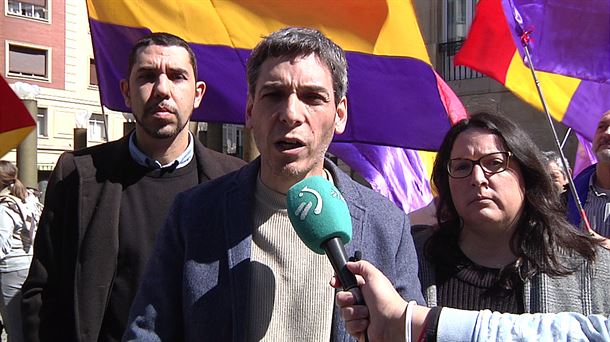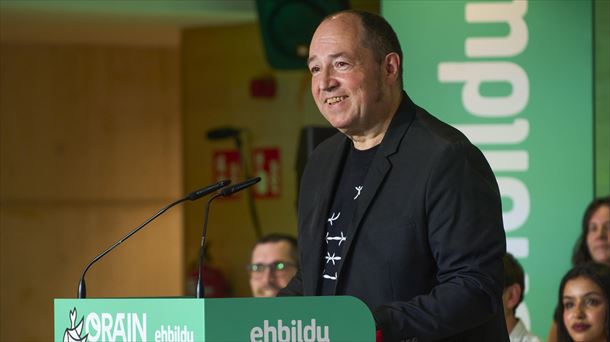When it comes to naturalizations, Chancellor Karl Nehammer is very clear: there will be no easier access with the ÖVP. Other parties see it differently. Experts explain the background.
Citizenship. Wildly controversial. Because the Federal President called for lower thresholds for the high class. Austria has a strict law. Long wait. integrated. knowledge of German. Income. integrity. The ÖVP does not want to shake it off, the Greens are silent. The opposition is getting louder. The FPÖ can imagine tightening, SPÖ and NEOS want relief.
Now the Chancellor is reporting in clear words. “There will be no easing of citizenship in the People’s Party.” He sees no reason why the previous practice of awarding this high good should be changed, Karl Nehammer tells the “Krone”.
He sees no conflict with the Greens, who basically stand for easier access. “The Greens have also pledged in the government negotiations that there will be no changes.” Nehammer doesn’t understand why this topic is apparently coming up in the presidential election campaign. And anyway: “Let’s not pretend that everyone has to wait twenty years for naturalization. Under certain conditions, naturalization is largely possible after six to ten years.”
In fact, it turns out that lately, many people can get citizenship after just six years. However, there are calls for tough legal reforms. Not just from SPÖ and NEOS, who think the law is outdated.
Tightening began in the 1990s
State lawyer Heinz Mayer also advocates liberalization, as does political scientist Gerd Valchars, who presented a study on the subject in 2021. Why is Austria so strict about naturalization? “From the 1990s, the criteria gradually became stricter. Especially in 2005/06 under Black and Blue I. Income, cleanliness, knowledge of German. Existing criteria have been tightened up to this day.” The emerging FPÖ with its xenophobic hues pushed the SPÖ/ÖVP ahead.
“A major problem today is the income limit of around 1,200 euros net. If you don’t have that, you won’t get citizenship.” Officially, the exclusion of “high good” groups is argued, but it’s mainly about party and election tactical considerations. “Anyone who doesn’t want to change the citizenship law apparently wants certain groups away from the right to vote.” Heinz Mayer: “You are either afraid that the new citizens will vote for other parties. Or it is a signal: we don’t want you here.”
Source: Krone
I’m an experienced news author and editor based in New York City. I specialize in covering healthcare news stories for Today Times Live, helping to keep readers informed on the latest developments related to the industry. I have a deep understanding of medical topics, including emerging treatments and drugs, the changing laws that regulate healthcare providers, and other matters that affect public health.



